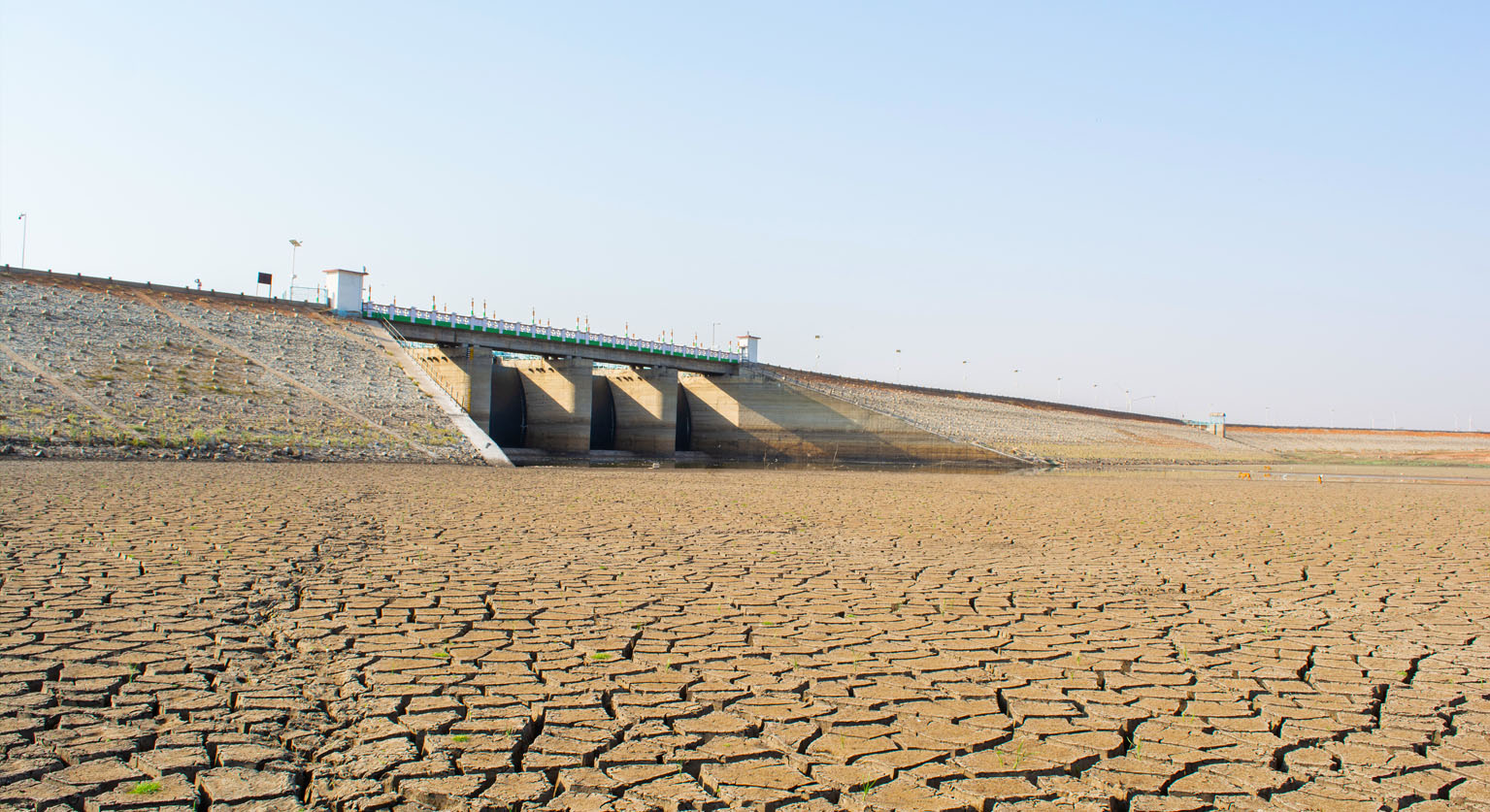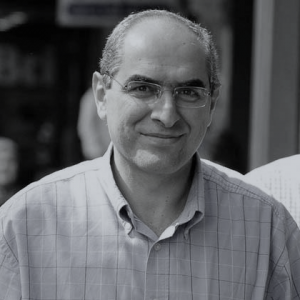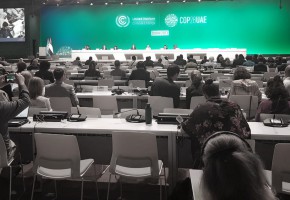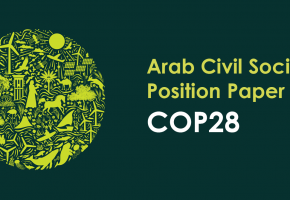
Water on the COP 28 Climate Negotiations Agenda in Dubai - Habib Maalouf

Water on the COP 28 Climate Negotiations Agenda in Dubai - Habib Maalouf
For the first time in the history of international negotiations related to climate change, a group of Arab negotiators meeting in Cairo between September 26 and 28, 2023 (in preparation for the COP 28 climate summit in Dubai at the end of the year) proposed that the agenda discusses for the first time the impact of water dams on climate change and that of extreme climate phenomena on dams and water management in general.
This issue was not merely prompted by the disaster in Libya when the dams collapsed after an increase in rainfall classified as “due to climate change.” Rather, water is considered one of the most sensitive topics in the Arab region, especially due to scarcity and because many of its countries are transit countries, not source countries. The proposal came in a conference organized by the Ministry of Planning and Economic Development, the Arab Water Council, the American University in Cairo, and the Abdul Latif Jameel Laboratory entitled “Strengthening Partnership for Adaptation to Climate Change in the Arab Region.” The conference raised several topics related to adaptation, such as maintaining water quality, since most extreme climate phenomena and disasters affect water, from the melting of ice causing torrents and floods to the increase in ocean and sea water levels to the disappearance of islands and the submergence of city beaches to flooding and streets to drought and scarcity and the impact on food security. It also posed the issue of using clean energy as an alternative, partnerships between the public and private sectors, education and skills, and questions regarding agriculture and food security.
Arab negotiators still consider that the struggle in climate change negotiations is to increase their share (with other developing countries) of the Adaptation Fund (which is now 20% for adaptation and 80% for mitigation). They believe that mitigation (of emissions) encourages spending money to encourage the production of renewable energies whose technology is produced in the West. On the other hand, developing countries can use adaptation costs to protect against disasters. These costs are expected to reach 300 billion dollars annually, of which they received and will receive only a small percentage!
New ideas were proposed to change the negotiation strategy, especially around the so-called “global adaptation goal.” It is in the interest of developing countries to correct the historical mistake committed when climate change negotiations began more than a quarter of a century ago. They should not have demanded their share and opportunity for development before adopting measures to reduce emissions. Instead, they should have put more pressure on the developed and rich countries to change their civilizational model that is destructive to the climate, resources, and biodiversity. Today, no matter how much the developed countries increase their financing for adaptation, they will not be able to finance more than 10% of the expected losses and damages from climate disasters, which could reverse all the gains of “development” in which they tried to imitate the West. However, the idea was not adequately discussed. Research into the issue was postponed for further study since its consequences would undermine all the foundations on which the negotiations were based for more than a quarter of a century.
On the other hand, Arab negotiators were almost unanimous about the need to finance the development of early warning systems for disasters and use every advanced technology in this field. However, changing policies to avoid and adapt to disasters is critical. Unfortunately, it seems the complex process will not be solved or considered necessary except after more disasters.
Regarding promoting clean energy, the terms “energy transition” or “energy transformation” were adopted. They are expressions produced in the West towards the transition from fossil energy to renewable and clean energies as part of mitigating emissions causing climate change. However, they were adopted in the Arab region without scrutiny. It has become clear that this process is merely to market new industries and technologies, deviating from the principles of compensation through technology transfer. The fragility of this proposition has now become clear, no matter the amount of global expansion in the use of renewable energies. There is no visible alternative to fossil energy, especially if Western patterns of energy production and consumption continue and if developing countries have development opportunities equal to those of developed countries, when, for example, there will be 7 billion private cars in the world instead of 1.4 billion cars, as is the case today. Even if all the world's cars became electric, their manufacturing could consume all the needed rare minerals, similar to the global consumption of depleted fossil fuels. This conclusion also confirms that the problem is changing the dominant civilizational model, not the technological model.
On the issue of involving the private sector with the public sector in addressing climate change, it was found that the private sector is reluctant to participate in financing adaptation projects and prefers to participate in partial and formal mitigation projects, especially in terms of trading and marketing solar panels and batteries and their parts, not in protecting forests or afforestation on the ground, for example, and adaptation projects in general.
Thus, involving the private sector in addressing climate change will not be of great benefit. In fact, it can be said that most of the projects that threaten and cause climate change--especially during and after the process of globalization, the control of large companies over countries and systems, and the spread of the so-called “market economy"--are mainly caused by private sector activity and investments! The influence of major companies on the progress of negotiations and decisions also appears in every round of negotiations, from the coal summit in Poland to the Coca-Cola summit in Sharm El-Sheikh last year and the summits in between in which oil companies had a decisive influence.
In conclusion, the focus is on a new development related to the recommendation of a group of Arab negotiators to include water and dams on the agenda of the Arab group, the meeting of Arab environment ministers later, to be included on the agenda of developing countries. However, the recommendation did not go as far as considering that water and its management (across the world in general and in the Arab region in particular, which suffers from water scarcity, even before climate change and its disastrous effects) requires a new vision. It is part of the global ecosystem and is not supposed to be owned by anyone. Therefore, no distinction will be made between countries of origin, passage, and downstream. Water is a human right now and for future generations. It requires management on new principles that are compatible with climate disasters that transcend geographical, climatic, and national borders.
Habib Maalouf
Recent publications

ANND Newsletter January 2026 - From Davos to the UPR: Between Promises, and Accountability
Related publications


